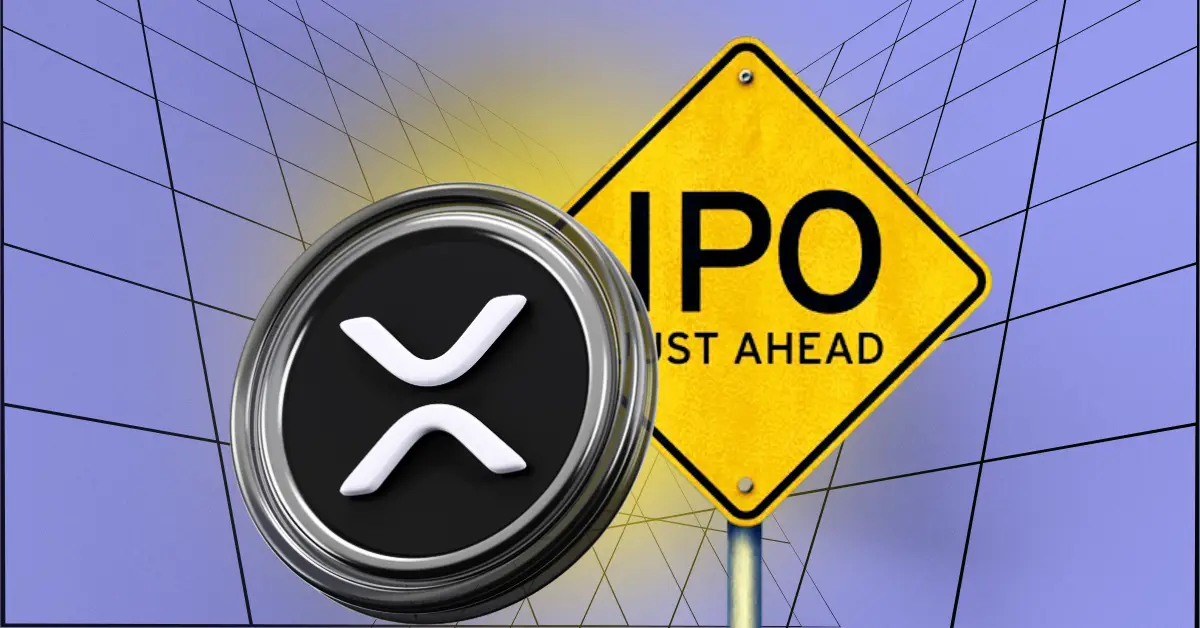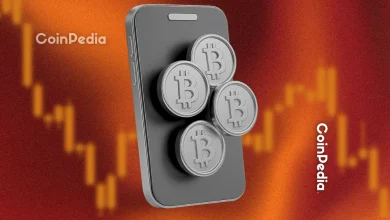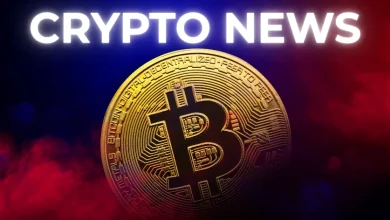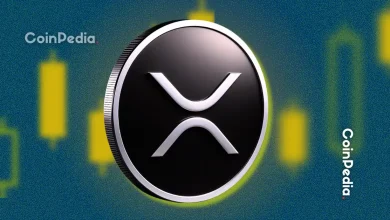
Ripple and the SEC seek to dissolve the XRP sales injunction and finalize a $50M settlement, requiring court approval under Rule 60(b).
Lifting the ban could clear the way for Ripple's IPO and broader institutional sales, removing a key barrier to its business expansion.
Ripple and the U.S. SEC are back in front of Judge Analisa Torres again. This time they are asking for an indicative ruling under Rule 60(b) of the Federal Rules of Civil Procedure.
What is Rule 60(b)?
In simple terms, Rule 60(b) allows a court to modify or dismiss a final judgment if there are “exceptional circumstances” — unusual or important new reasons to undo a decision that’s already been made.
Why Are Ripple and the SEC Doing This?
Last year the court ruled against Ripple and ordered them to pay a $125 million fine and barred them from selling XRP to certain buyers in violation of U.S. securities laws (injunction). Ripple had to put the full penalty in escrow while both sides appealed the decision.
Now both Ripple and the SEC have reached a settlement and want to close the case. To do this they are asking the court to:
- Dissolve (remove) the injunction that restricts Ripple’s XRP sales
- Release the escrowed funds: Ripple would pay $50 million to the SEC and get the rest back
However, because the case already reached a final judgment, they need the court’s permission through a Rule 60(b) motion.
What Happens Next?
If Judge Torres issues an indicative ruling agreeing that she would grant this motion, Ripple and the SEC will ask the appeals court to send the case back down, so Judge Torres can officially dissolve the injunction and release the funds.
Why Ripple’s IPO Plans Are Affected by the Injunction
Currently, Ripple is prohibited from selling XRP to institutions or the general public in ways that are against U.S. securities laws by a court injunction. Since those sales are an important part of any company’s fundraising strategy, particularly if it wishes to initiate an IPO (Initial Public Offering) or provide other investment opportunities, this restriction is a barrier for Ripple.
According to Ripple and the SEC, the primary factor preventing their settlement and impeding Ripple’s future business plans is this injunction. Because of this, Ripple is requesting that the court lift the injunction under Rule 60(b), which permits final court orders to be modified if there are
If the court agrees, Ripple would be free to fully restart its business operations and move toward an IPO or similar offerings in the future.
Never Miss a Beat in the Crypto World!
Stay ahead with breaking news, expert analysis, and real-time updates on the latest trends in Bitcoin, altcoins, DeFi, NFTs, and more.
FAQs
Rule 60(b) of the Federal Rules of Civil Procedure allows a court to modify a final judgment under “exceptional circumstances.” Ripple and the SEC are using it to ask the court to undo a previous decision, citing their settlement.
The injunction prohibits Ripple from selling XRP to certain buyers in violation of U.S. securities laws, directly hindering its fundraising strategies, including any potential Initial Public Offering (IPO) or other investment offerings.
If Judge Torres issues an indicative ruling, Ripple and the SEC will ask the appeals court to remand the case back to her, allowing her to officially dissolve the injunction and release the funds, effectively closing the case.
Trust with CoinPedia:
CoinPedia has been delivering accurate and timely cryptocurrency and blockchain updates since 2017. All content is created by our expert panel of analysts and journalists, following strict Editorial Guidelines based on E-E-A-T (Experience, Expertise, Authoritativeness, Trustworthiness). Every article is fact-checked against reputable sources to ensure accuracy, transparency, and reliability. Our review policy guarantees unbiased evaluations when recommending exchanges, platforms, or tools. We strive to provide timely updates about everything crypto & blockchain, right from startups to industry majors.
Investment Disclaimer:
All opinions and insights shared represent the author's own views on current market conditions. Please do your own research before making investment decisions. Neither the writer nor the publication assumes responsibility for your financial choices.
Sponsored and Advertisements:
Sponsored content and affiliate links may appear on our site. Advertisements are marked clearly, and our editorial content remains entirely independent from our ad partners.








